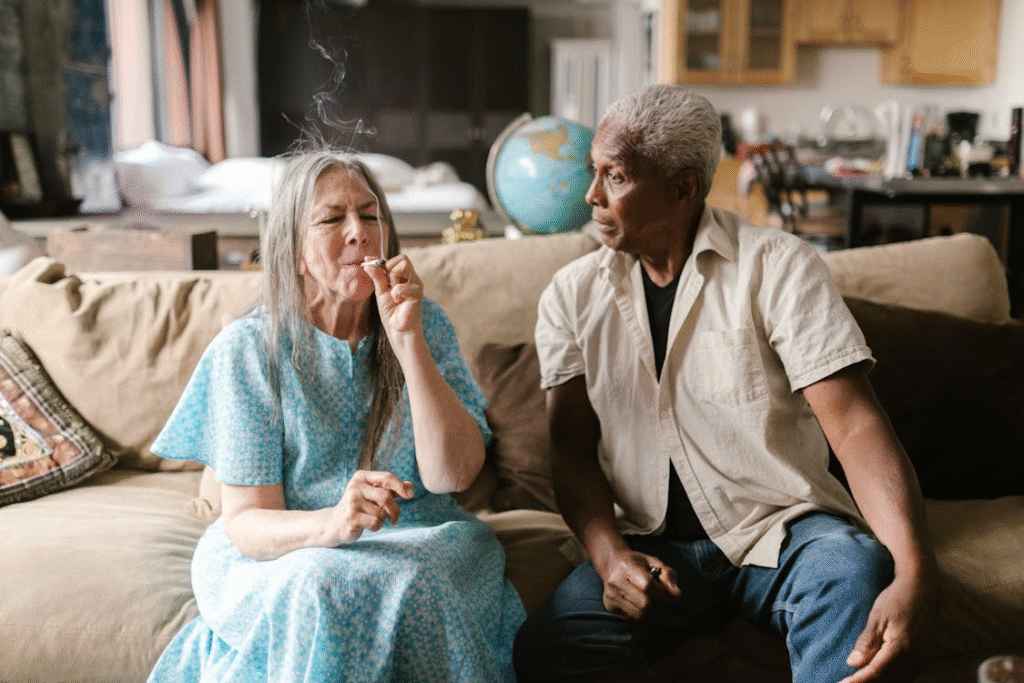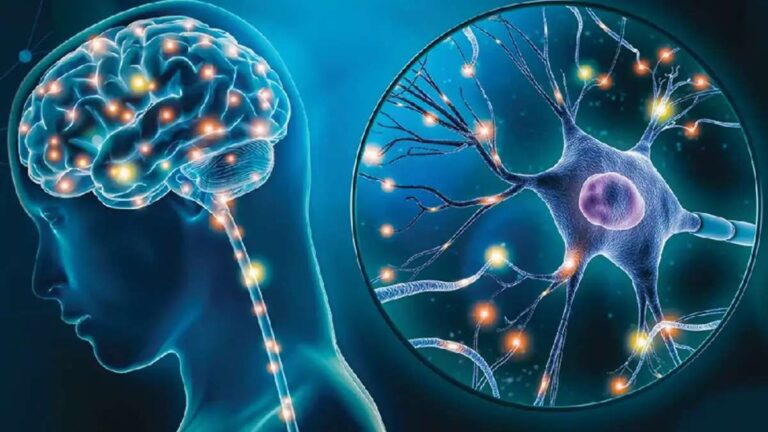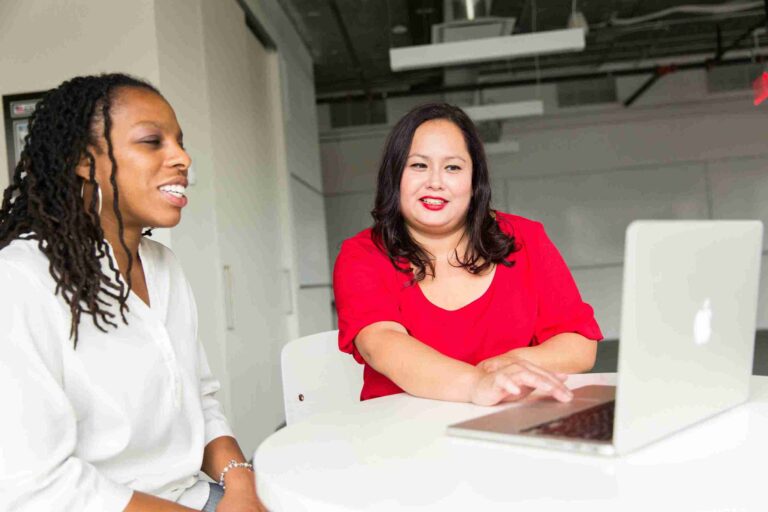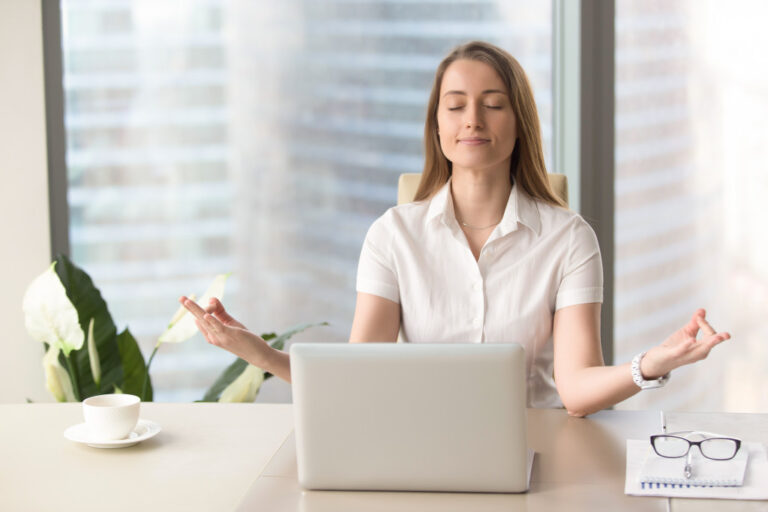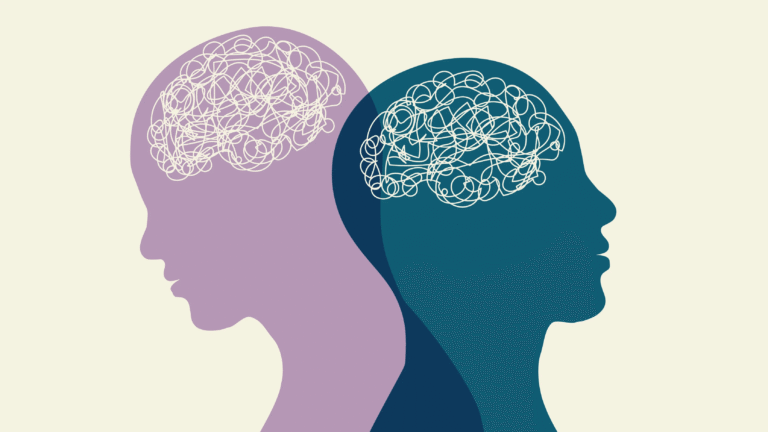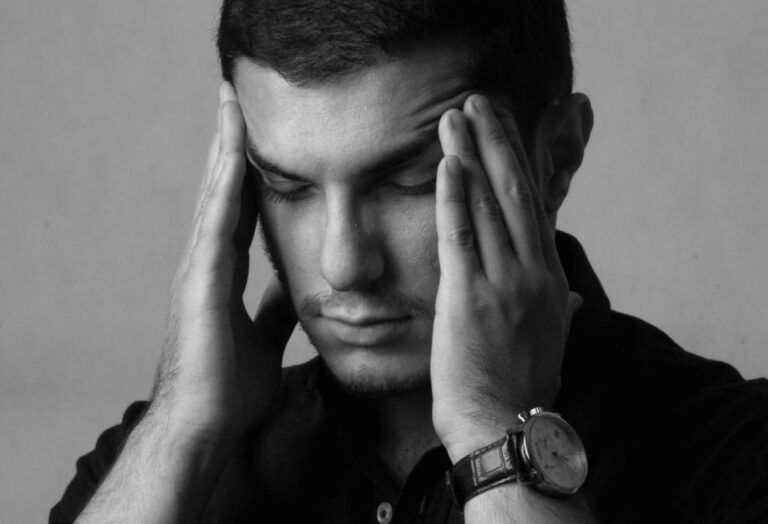Anxiety can creep into daily life in subtle ways. A restless night before an important meeting, that knot in your stomach before a conversation, or even the constant urge to check your phone. While many people live with occasional anxious moments, others experience it more persistently. The good news is that strategies exist to manage these feelings without making life feel overwhelming.
Some of these strategies are grounded in mindfulness and simple lifestyle changes. Others come from exploring natural remedies that complement healthy routines. For example, some people choose to buy weed online in the form of CBD products as part of a broader self-care toolkit. It’s not the only path to easing anxiety, but for some, it plays a role alongside other mindful habits.
The Role of Breath in Calming the Mind
Breathing might seem automatic, but conscious breathwork can shift how you feel in moments of stress. Slow, deep breaths stimulate the parasympathetic nervous system, helping the body relax.
One popular approach is the 4-7-8 technique. You inhale through the nose for four counts, hold for seven, and exhale slowly through the mouth for eight. Even a few cycles of this practice can reduce physical tension and sharpen mental clarity. Breathwork is free, always available, and requires no special tools.
Simple Lifestyle Habits that Make a Difference
Anxiety often thrives when routines are rushed or scattered. By making small, intentional adjustments, you can create steadier ground for your mental health.
- Sleep: Aim for consistent sleep patterns. Going to bed and waking up at the same time each day trains the body to rest more deeply.
- Movement: Light exercise, like walking, yoga, or stretching, can release endorphins and ease built-up stress.
- Diet: Balanced meals with whole foods, hydration, and reduced caffeine support more stable moods.
These habits may not eliminate anxiety on their own, but they form a foundation that makes coping easier when challenges arise.
Mindfulness and Everyday Moments
Mindfulness is less about clearing your mind and more about noticing what is happening right now. For someone with anxiety, that can mean pausing to name emotions instead of resisting them. It can also mean grounding yourself by focusing on physical sensations, like your feet on the floor or the sound of a passing car.
Meditation apps, short guided sessions on video platforms, or even one minute of silence at your desk can build mindfulness into daily life. Over time, these micro-moments help you respond to stress with more ease and less reactivity.
Read more here: Mindfulness
CBD as a Complementary Option
Alongside practices like mindfulness and healthy routines, some individuals explore CBD for anxiety relief. Unlike THC, CBD is not psychoactive, so it does not cause a “high.” Instead, many people use it in the form of oils, gummies, or tinctures for a sense of calm.
Scientific studies are still developing, but early findings suggest CBD may interact with serotonin receptors in the brain, which are linked to mood regulation. For some, this makes CBD an appealing addition to their wellness plan. However, it is important to consult a healthcare provider before beginning any new supplement, especially if you are already on medication.
Creating a Relaxation Toolkit
Managing anxiety is often about blending different strategies into a toolkit. One day you may rely on breathing techniques, while another day you may use a calming tea or journal to release racing thoughts. For others, a dose of CBD may feel like a supportive addition.
The goal is not to eliminate all anxiety, which is a natural response, but to prevent it from controlling daily choices. Building a toolkit helps you adapt to different situations with options that fit your comfort level and lifestyle.
When Professional Support Matters
Self-care strategies can be powerful, but there are times when anxiety requires more structured support. If anxious thoughts interfere with work, relationships, or physical health, reaching out to a mental health professional is important.
Therapists, counselors, and support groups provide coping tools tailored to your specific needs. Seeking help is not a sign of weakness but a step toward building resilience. In some cases, therapy combined with medication may provide the balance needed for long-term relief.
Small Steps Toward a Calmer Future
Living with anxiety can feel like carrying an invisible weight. But even small, consistent steps make that load lighter. Practicing mindful breathing, building healthy habits, exploring natural remedies like CBD, and knowing when to seek professional support can all play a role.
The path to easing anxiety looks different for everyone. The key is curiosity—trying different approaches, noticing what feels supportive, and gradually shaping a lifestyle that creates more space for calm.

Final Thoughts
Anxiety does not have to run the show. By combining evidence-based strategies with mindful self-care, you can create a balanced approach that feels manageable and empowering. Whether it is through breathwork, exercise, mindfulness, or CBD, the aim is the same: a calmer mind and a more grounded life.
